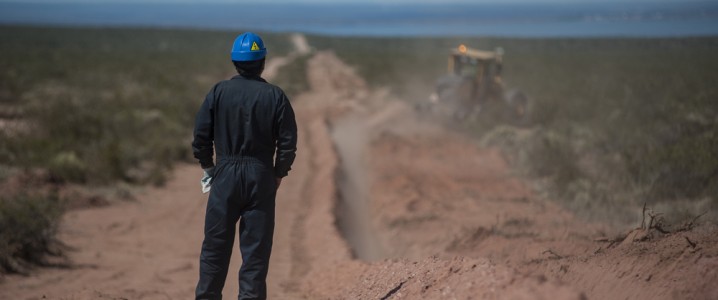Oil & Gas
STANDARD BANK'S $5 BILLION INVESTMENT REVIVES EACOP DESPITE PERSISTENT OPPOSITION.
Irene Jerry

East African Crude Oil Pipeline (EACOP) aims to connect Ugandan oilfields to Tanzania's port for export. The project has faced delays due to environmental concerns and funding issues. However, Standard Bank's $5 billion investment has revived the project, though opposition remains strong.
Initially proposed in 2013, the East African Crude Oil Pipeline (EACOP) has encountered numerous hurdles. There was optimism about linking Uganda with Tanzania for crude exports via the Port of Tanga, but construction has stalled due to significant opposition. Many investors withdrew, casting doubt on the project's future. Recently, however, new funding has been secured, and TotalEnergies remains committed to its development.
EACOP aims to connect Uganda's Tilenga oilfield, operated by TotalEnergies, and the Kingfisher field, operated by CNOOC, to Tanzania's Port of Tanga. This connection would enable landlocked Uganda to export its crude oil. Despite discovering oil 17 years ago, Uganda has struggled with slow development due to the lack of an efficient export route. EACOP, if completed, would be the world's longest electrically heated crude oil pipeline at 1,443 km.
Recently, Standard Bank announced a $5 billion investment to support EACOP, surprising many given the long list of banks refusing involvement after the European Parliament's 2022 resolution opposing the project. Despite this, the Ugandan and Tanzanian governments aim to complete EACOP by December 2025. However, environmentalists and local communities continue to oppose the project, citing concerns over displacement, environmental degradation, and climate impacts.
